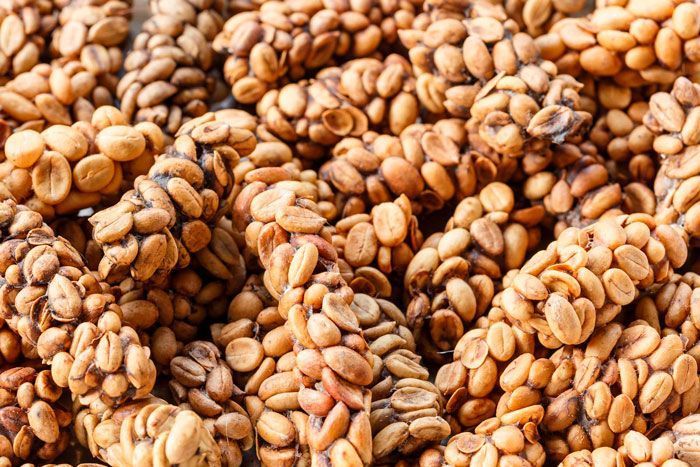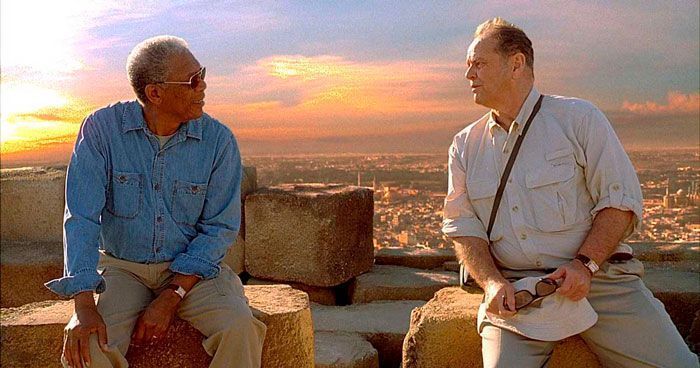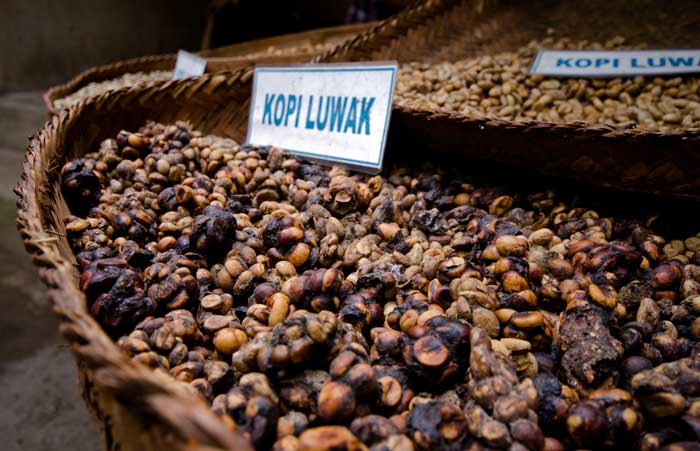




Contents
- History
- Why is this Poop Coffee famous?
- What is Kopi Luwak? What’s the price?
- What is Capis coffee? Is it a Peruvian brand of poop coffee?
- How about the Coati animals? Are they treated well?
- What is the price of Capis Coffee?
- Where to buy the best Capis Coffee beans? Do you do delivery service in Cusco city center?
History
Capis Coati Coffee Beans | Originally the first poop coffee beans were processed in Indonesia back in the 18th century when this land was a Dutch colony; The Locals were no allowed to drink coffee but the Dutch yes; so the locals started collecting the poops from the Coati Animals to be dried, roasted and brewed, the result was an awesome aromatic!

The Dutch people noticed that the locals were drinking better coffee than them so they found out this was “Poop Coffee”, as time went by the Dutch people also started drinking this type of Coffee!
Why is this Poop Coffee famous?
The First reason why this coffee is so famous it is because of the flavour. The Coati animals are very picky with the fruits they eat, they always choose the best fruit beans – So when they eat the coffee beans they choose the best ones, which are fermented with other fruits inside the little stomach of these animals.

Keep in mind that Coffee beans are fermented inside big wooden cages after being harvested and peeled off – The Poop Coffee is fermented inside the stomach of these animals.
The Second reason why this coffee became so famous, it is a movie, the name of this film is The Bucket List – 2007 – by Morgan Freeman and Jack Nicholson.

The Third reason, each coati animal processes 26 grams of coffee per day
What is Kopi Luwak? What’s the price?

Kopi Luwak is the most famous Indonesian brand of poop coffees across the globe, indeed if you wat the movie The Bucket List, this the brand you will see!
The price is around 1500.00 USD per kilo.
What is Capis coffee? Is it a Peruvian brand of poop coffee?
Capis is a poop coffee brand from Peru, produced in Satipo Province – Junin Region – This place is located in the center part of Peru.
Peru is the third-largest coffee producing country in Latin America; we have the best Coffee Brands like Capis, Tunki, Chanchamayo.
The Process of Capis Coffee:

The Coati or Cat-Monkey (Civet) animals are in charge of “harvesting” or collecting the Best Coffee beans, Guayaba fruits, Lucuma fruits, Pears, Peaches and other exotic local fruits. This fruity mix will enter into a deep fermentation with a unique aroma.
After 5 to 6 hours of digestion the Coati or Civet animals will poop out the coffee beans and the locals will collect them to dry in the sunshine for around 3 to 5 days.
It is very important to know that the locals don´t wash the pooped out coffee beans because they want to keep the aroma.
Once the poop coffee beans are dry, the next process is the heating up or toasting – in order to kill all the bacterias and viruses the poop coffee beans are heated up 200 °C or 392 °F, however, this process will keep the aroma of the coffee, then don´t worry about the bacterias!
Consider that our Capis Coffee has the FDA code, which means the accomplish all international sanitary standards!
How about the Coati animals? Are they treated well?

Don´t worry our Capis Coffee brand is strongly committed with the environment and the good caring of animals, therefore, these animals are like pets in the coffee farmings, they don´t keep them inside cages instead they are trained for where to poop? where to seep? Believe it or not, they have their own toilet, the locals built for them awesome little house-like places made out of wood.
This brand also has the license of INRENA – A Gubernamental Organization to protect animals and natural resources.
What is the price of Capis Coffee?
Our unique poop coffees: Capis cost 40 Soles or 11 USD each bag – We have discounts for customers that buy more than 3 pieces!
Where to buy the best Capis Coffee beans? Do you do delivery service in Cusco city center?
At the moment due to the pandemic, we are only operating virtually and making deliveries, please contact us on WhatsApp: +51 997 054 557 (Jhon Peralta)
Quick note!
If you wish to learn more about the coffee, join our daily free tour in Cusco city center






